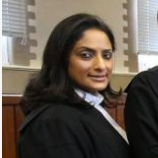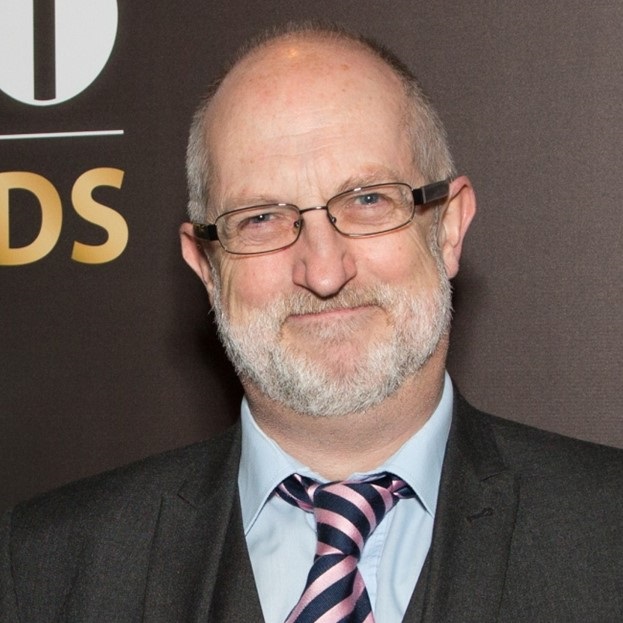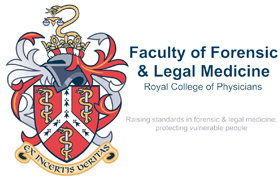News and updates from today's conference focusing on the role of the Coroner and preparing and attending Coroner’s Inquests.
EXTENDED SESSION: Learning from Deaths. The Coroner's Investigation and the Inquest
 Nadia Persaud
Nadia Persaud
Area Coroner for East London
• interested Persons - and their role
• disclosure and information sharing
• what the Coroner must, and must not, do
• what happens at the Inquest
• what happens after the Inquest
Nadia explained what happens at an inquest, she said "Inquests explore the questions of who the deceased was, how they died, where and when they came by their death"
Nadia went on to explain that in court " You must remain calm" She also explained that "Video link is common now, families seem to really like this as they feel comfortable in their home environment".
Nadia also said "Not many cases have a jury, there is only a jury if the death was a suicide, if it happened in prison or if it was a violent death, unnatural or unknown cause".
A Clinician's Perspective of Investigations and Inquests
 Martin Farrier
Martin Farrier
Associate Medical Director, Chief Clinical Information Officer and Consultant Paediatrician
Wrightington, Wigan and Leigh NHS Foundation Trust
• moving away from blame culture to a more constructive process
• what staff need in terms of support and assistance from management
• can an inquest be a positive learning opportunity?
• our experience of using learning from deaths to inform changes and encourage better practice
Martin said "Wigans most common place to die is now A & E which I find shocking, it's because of the overload in our organisation".
EXTENDED SESSION: Preparing for and giving Evidence at A Coroner's Inquest
 Mike O’Connell
Mike O’Connell
Legal Services Practitioner and Interim Senior Inquests Manager
Calderdale and Huddersfield NHS Foundation Trust
• how to provide a good witness statement
• preparing yourself/your staff for an inquest
• how an inquest works in practice
• giving effective evidence in court
• inquest conclusions, and links with Serious Incident investigations
Mike said on providing a good witness statement "Pay attention to detail" he also said "If you are asked to give evidence, it is important that you get support from your trust"
On being asked to attend an inquest Mike said "Don't panic, but prepare for it, give the best explanation you can".
Supporting Organisations


